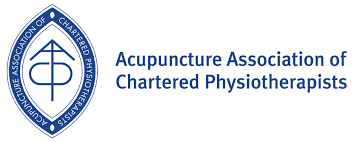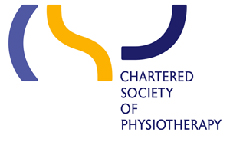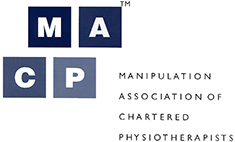
Pain patterns in the shoulder can affect the front, back or side of the joint and can range from deep, dull, aching, to severe sharp pinching pains. In some cases, symptoms can involve the neck, refer down the arm, or even be accompanied by disconcerting creaks and crunches.
The reason we get Frozen Shoulder isn’t totally understood sometimes it seems to appear for no apparent reason. In the early stages it can be intensely painful even when resting and can progress to cause serious limitation in your shoulder range of motion.
A rotator cuff injury or tear can make it difficult to manage overhead activities because of pain, weakness, or a feeling of instability. This can impact washing and dressing, reaching, lifting and carrying and playing many sports.
Osteoarthritis is another name for wear and tear changes in the joint. It is the most common form of arthritis and can result in severe pain, especially in the shoulder. The cartilage lining that protects our joints and helps smooth movement begins to breakdown causing stiffness, pain, and joint noises on movement. Arthritis can also develop after shoulder fractures and careful rehab is needed to minimise this risk.
Bursitis is inflammation to the fatty, fluid filled cushions that act as spacers between the bone and soft tissues, reducing friction and easing sliding and gliding between the structures. The most common place for pinching or impingement to occur around the shoulder is at the point of the shoulder between the ball and socket joint and the acromial arch of the Scapula which sits above it.

At Essex Physiotherapy, your therapist will carry out a thorough assessment, looking at the movements and activities you can still do, anything you can’t do and deciding if further investigation such as an x-ray, blood tests or a scan is needed. Shoulder pain can impact your life and hobbies but will usually settle readily if dealt with correctly. A combination of exercise therapy, manual therapy, soft tissue therapies, and pain relief often proves helpful. Combined with education on what’s happening and why, things can often improve quickly. Mindset coaching can also make a huge difference to overcoming fear and limiting beliefs that hold back our recovery.




